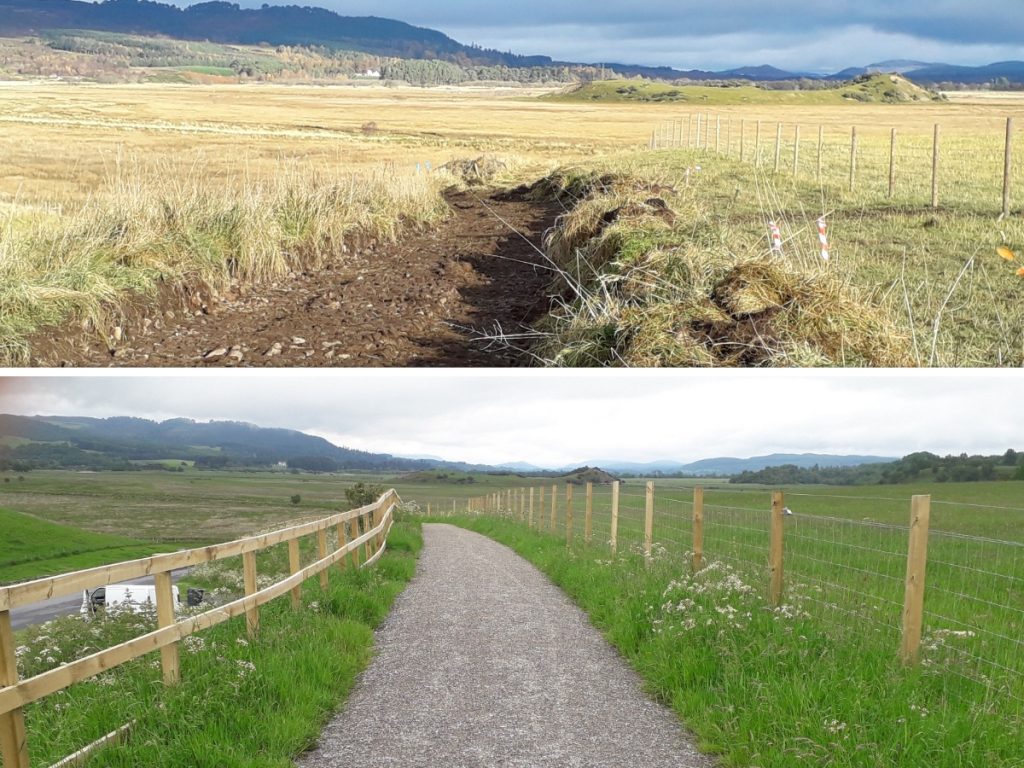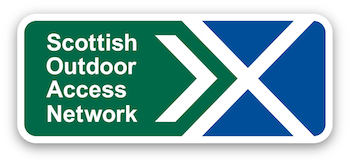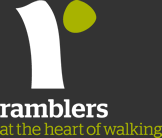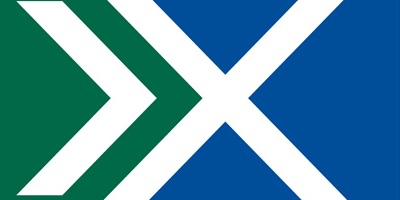Joint press release issued by Ramblers Scotland on behalf of Scottish Outdoor Access Network
Landowners and outdoor groups are jointly calling for better resourcing to support Scotland’s world-class access rights – as a new survey highlights alarming cutbacks in countryside access jobs.
Scottish Outdoor Access Network (SOAN) polled all 34 access authorities on how they manage access, a topic which has hit the headlines during the Covid era due to booming numbers of people heading outdoors.
The survey showed that during 2019/20:
- Six authorities do not employ a single Access Officer; skilled professionals who find practical solutions to access challenges, and ensure the local authorities carry out their statutory duties
- The equivalent of just 36.5 full-time Access Officers now work across Scotland; down 27% from 2015/16 and 44% since 2005/6
- A third of access authorities do not directly employ any full-time Countryside Rangers; frontline staff who welcome and educate visitors, and manage important sites on the ground.
SOAN believes the reduction in access-supporting jobs is symptomatic of a wider, worsening trend of under-investment in visitor management.
SOAN stressed that the Scottish Government’s funding for access has flatlined for more than a decade at £8.1million a year – but said that many hard-pressed local authorities are sadly choosing to invest their access allocation on other issues.
David Henderson-Howat, convenor of the National Access Forum, said: “People here are rightly proud of Scotland’s progressive access legislation. Sadly, this survey confirms our fears – expressed in a letter to the Scottish Government earlier this year – that there is an alarming downward national trend in the funding and resources needed to ensure those rights work well on the ground.”
He added: “Members of the Forum understand there are competing budget priorities, but we would also highlight the great benefits that access brings in terms of our health and wellbeing. There is a real cost to local communities, land managers and wider society when paths aren’t maintained, irresponsible behaviour goes unaddressed or small disagreements are allowed to escalate.”
The survey results come as increasing numbers of people are accessing the outdoors – with 80% of Scots visiting the outdoors at least once a week this summer according to NatureScot, up from 64% in summer 2019.
Ramblers Scotland director Brendan Paddy said: “It is good news that so many people are getting active outdoors, but we are also seeing a rising number of access issues – with too few staff to resolve them. Decision-makers must remember that access funding is a preventative spend, which keeps people healthy and addresses issues before they escalate.”

Emma Steel, Scottish Land & Estates policy adviser (access), said: “Our members who manage land work hard to ensure wildlife flourishes, to help the environment and to provide safe access for the public on land in rural Scotland. We want people to enjoy visiting the Scottish countryside safely and responsibly, however, SOAN’s survey shows the crucial need for investment in access to ensure everyone benefits – from visitors and businesses to landowners and residents.”
During 2019/20 only one of the 34 authorities served any section 14 notices; the legal instrument that forces access obstructions to be removed. This highlights a lack of resources, rather than a lack of issues. Meanwhile, eight authorities held no meetings of their Local Access Forums, statutory bodies which advise the authorities on access matters.
SOAN brings together more than 200 people who work on outdoor access and related issues in Scotland, representing everyone from landowners and managers to sporting bodies and access campaigners. It carried out its survey of access authorities after Covid-related delays affected the Scottish Government’s plans to conduct a similar poll.
View the full results here.
Ramblers Scotland press release, Twitter post and Facebook post.



